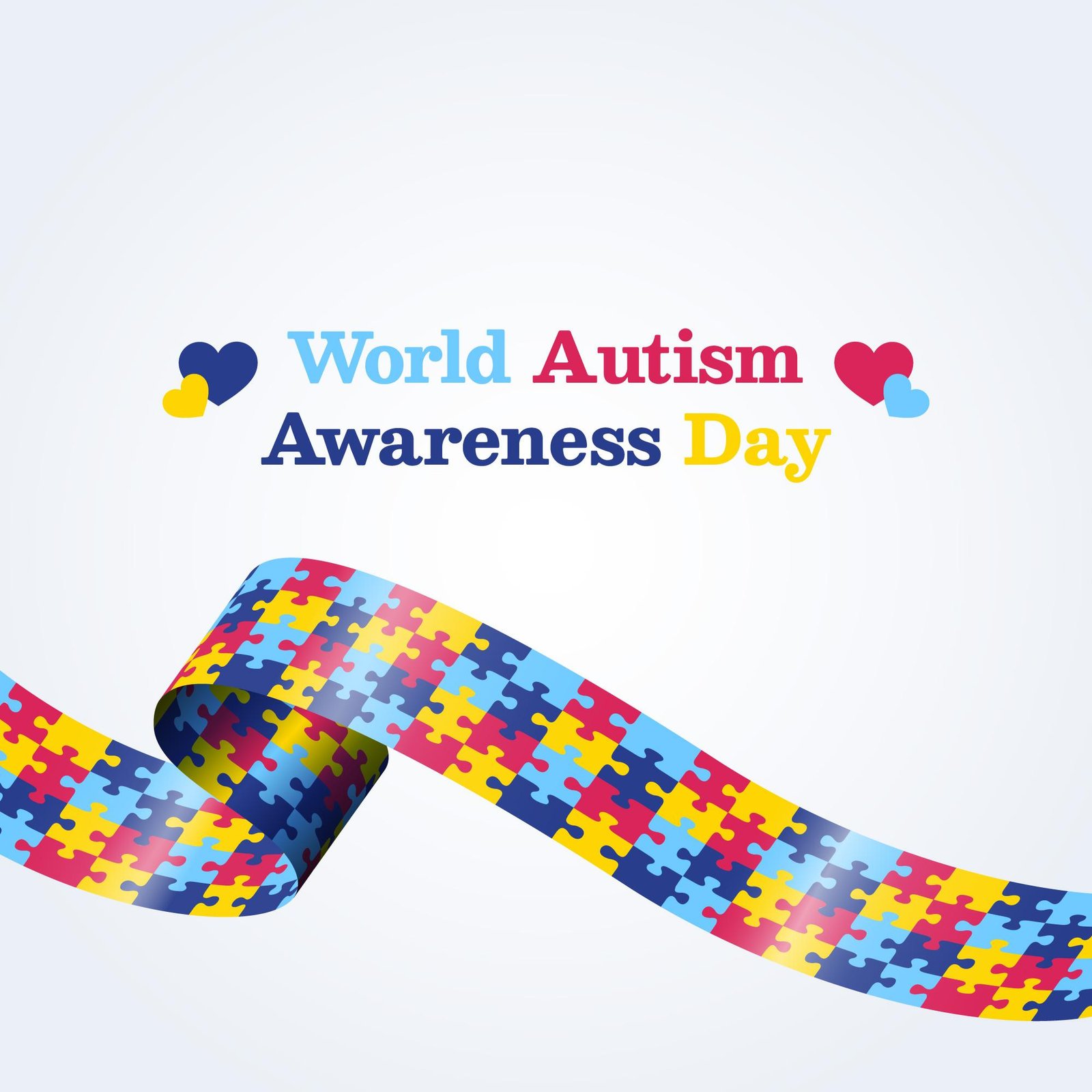
Today the 2nd of April is World Autism Awareness Day. The United Nations General Assembly declared April 2nd as World Autism Awareness Day in 2007. The goal of this declaration in 2007 was to highlight the need to improve the quality of life of individuals with autism so they can lead full and meaningful lives and make their contribution as an integral part of society.
Globally in 2021, an estimated 61·8 million (95% uncertainty interval 52·1–72·7) individuals, representing one in every 127 people, were reported as being autistic, with autism spectrum disorder ranked within the top ten causes of non-fatal health burden for people younger than 20 years. Results of recent studies in Nigeria, has shown that the prevalence of autism spectrum disorder (ASD) in Nigeria is alarmingly high. Evidence from the research conducted in various regions of the country has shown that approximately 1 in 86 children in Nigeria are affected by ASD. These statistics indicate that there is a significant number of Nigerian families dealing with the challenges of having a child with ASD. And there is need to create awareness about the problem and explore ways of how to ameliorate it.
The annual observations of the 2nd of April are intended to raise awareness about Autism Spectrum Disorder (ASD) and promote inclusion and acceptance for individuals with autism. This day serves as a platform to educate the public, advocate for the rights of autistic individuals, and celebrate their unique contributions to society. Every year, the United Nations selects a theme to highlight key issues related to autism and promote global discussions on the challenges and opportunities faced by individuals on the spectrum. The occasion also provides an opportunity at national and sub-national levels across the globe to break down stereotypes, encourage early diagnosis and intervention while serving as an expressive reminder of the need to foster inclusivity for the autistic in schools, workplaces, and communities, by ensuring individuals with autism can lead independent and fulfilling lives.
Although the theme for World Autism Awareness Day 2025 is yet to be announced, the annual event however provides an ideal opportunity to foster a more inclusive and supportive society This year’s autism awareness commemoration is therefore not an exception, but a furtherance of the drive by the United Nations to sustain its efforts at addressing this important mental health problem.
Autism Spectrum Disorder (ASD) is a complex neurodevelopmental disorder that appears in different forms with varying levels of severity. Its formal diagnostic name is autism spectrum disorder. Autism is observable in early childhood and persists throughout the lifespan. It is characterised by atypical communication, language development, eye contact, and sensory experiences, resulting in challenges in social interaction, communication, and repetitive behaviours.
The term “Spectrum” therefore reflects the wide variation in these challenges and strengths possessed by each person with autism. The social challenges are observed by the difficulty of those with autism to appreciate social cues, form relationships, or engage in typical back-and-forth conversations. The commutation difficulties are manifested as delayed speech development, limited use of gestures, or challenges in understanding non-literal language; while the repetitive behaviours include engaging in repetitive movements such as hand-flapping), strict adherence to routines, or intense focus on specific interests.
Share This News